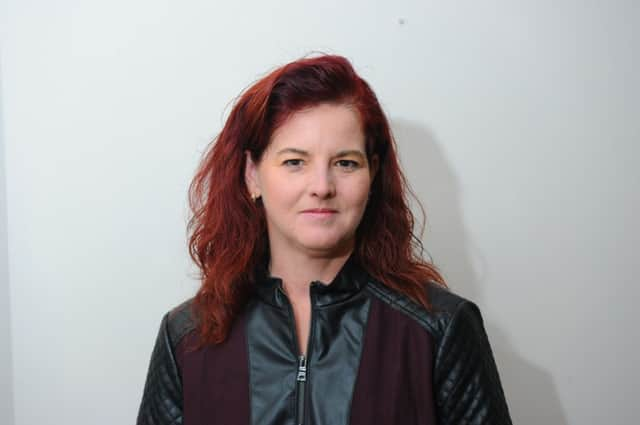Comment: Pairing with partner can pay dividends


Even so, such unions are becoming increasingly commonplace as necessity makes up for a lack of fervour. Business leaders are striving for more robust community engagement, and these overtures look more and more attractive to a voluntary sector where traditional sources of income are drying up.
According to the Scottish Council for Voluntary Organisations, there are an estimated 45,000 bodies operating in the third sector, about half of which are registered charities. The remainder range from grassroots groups active in areas such as childcare, the arts and village halls, to major housing and social care providers.
Advertisement
Hide AdAdvertisement
Hide AdTogether, they have an annual income in the region of £4.5 billion and employ the equivalent of more than 83,000 full-time workers – a rather substantial “industry” in itself.
Larger groups have returned to modest income growth since the depths of the recession, but this masks major deficits for many smaller third sector organisations. Growth in assets held by housing associations and other large charities make reserves look healthier than is the case.
With budgets strained across the board, companies do not necessarily have cash to plug these gaps, which is why the courtship with the third sector is taking a new turn. This was evident when five-a-side operator Powerleague agreed a £1 million sponsorship deal with Street Soccer Scotland, which helps people overcome homelessness, social exclusion and health issues by getting them back into training and employment. It is donating £200,000 worth of pitch and facility use in each of the next five years.
It’s the sort of arrangement that Street Soccer Scotland’s founder, David Duke, says is becoming increasingly popular across the corporate community. It also sits well with his own convictions: “We don’t look for donors – we are looking for companies to get involved.”
For the firms concerned, it’s not just about the feel-good factor. Business in the Community, which is holding Give & Gain Day on 16 May, points to studies which suggest that workplace volunteering fosters greater loyalty among employees.
Those with “high employee engagement” clock up earnings growth at nearly four times the rate of their counterparts with lower staff morale – a fairly persuasive incentive when it comes to pairing with a third sector partner. «